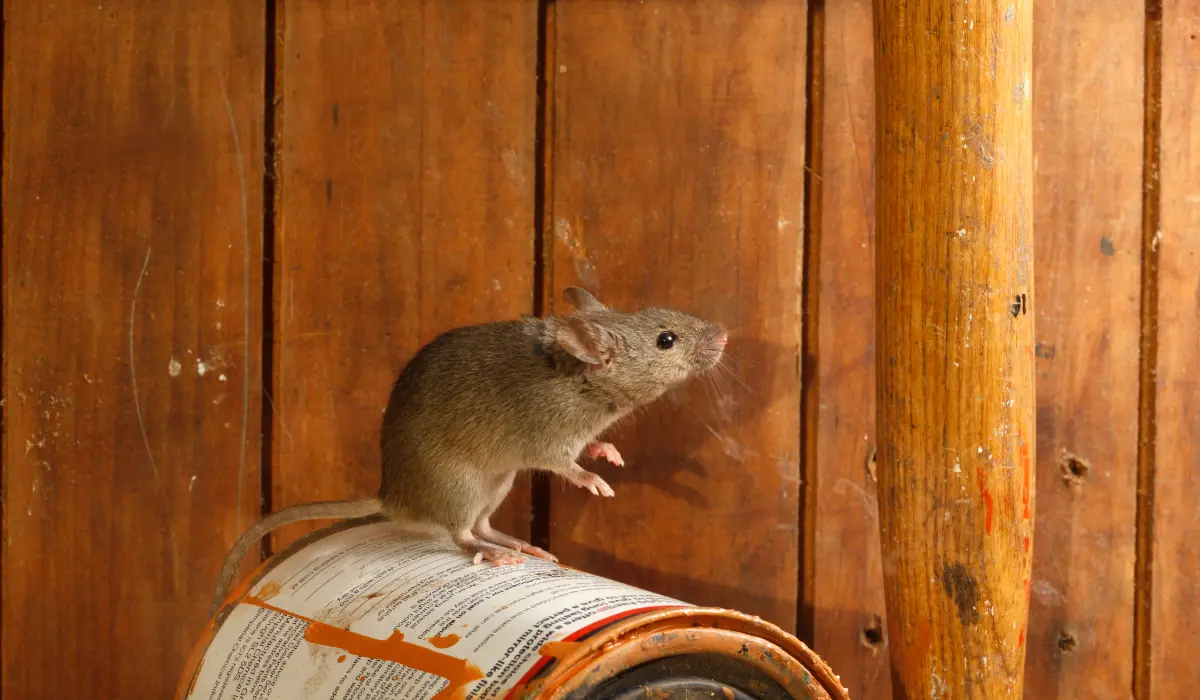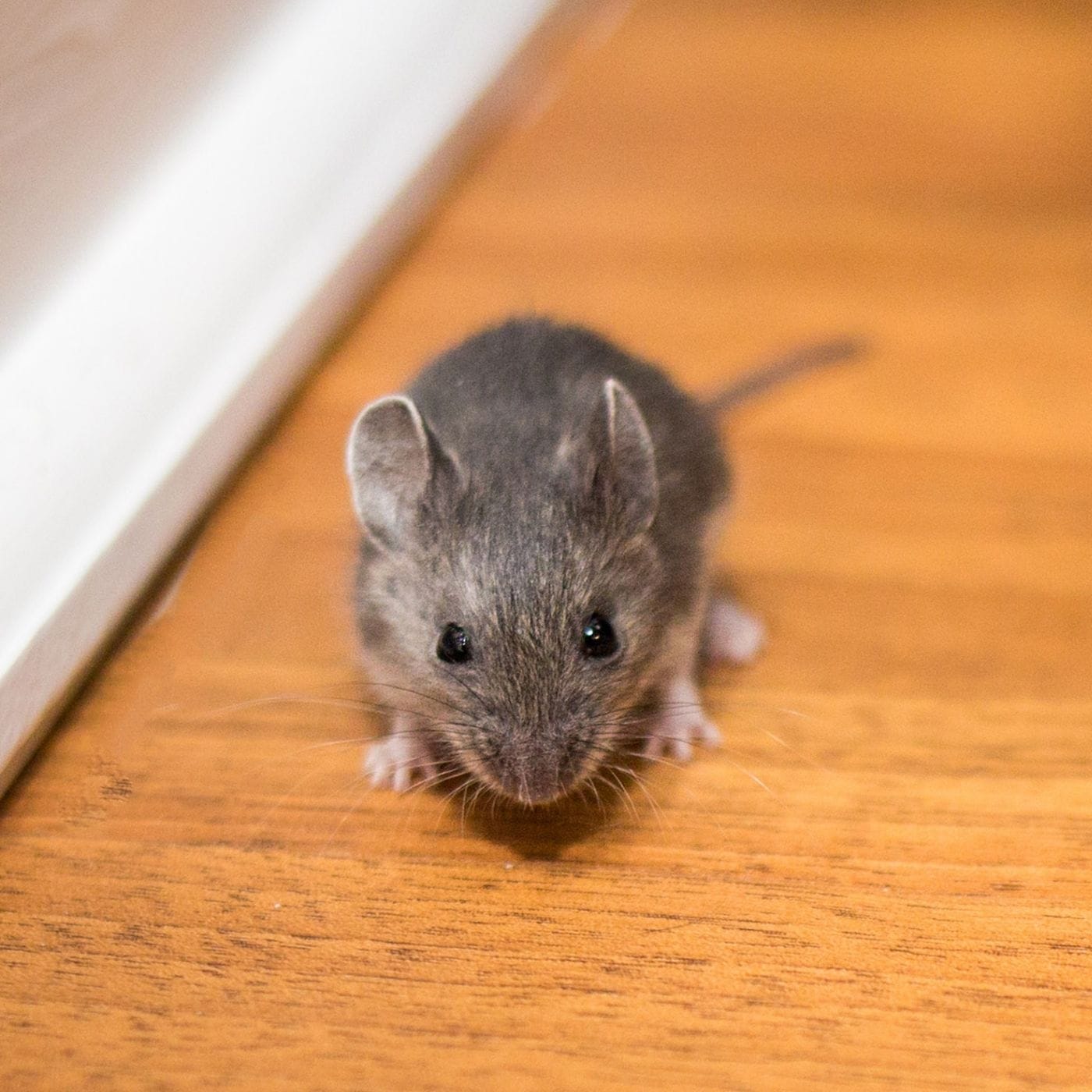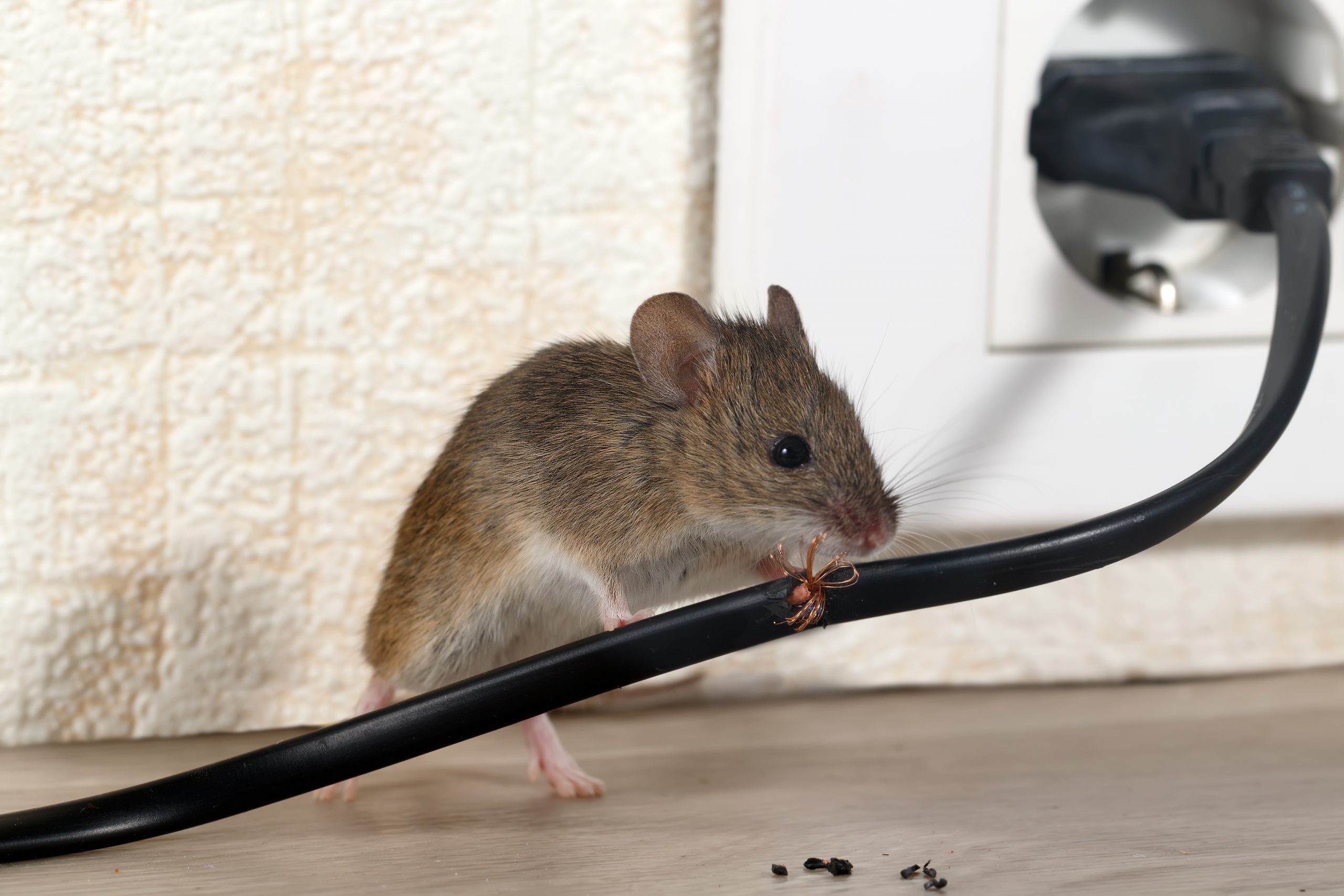Mice and Mouse Treatments in Florida
Exterminator Services for Saint Petersburg, Pinellas Park, Bay Pines, Seminole, Indian Rocks Beach
Rodents such as mice often move indoors when they find ready food sources and hidden nesting spots. In Florida’s mild climate, these pests can remain active throughout the year, posing serious problems for property owners in Saint Petersburg, Pinellas Park, Bay Pines, Seminole, and Indian Rocks Beach. Mice can contaminate food supplies, chew through wiring or wooden structures, and potentially spread diseases. If you notice signs of mice in your home or business, prompt action with a professional mouse exterminator is crucial. This page will outline why mice are common in Florida, the risks they bring, and how our mice and mouse treatments in Florida can restore a rodent free environment. You will also learn steps you can take to lower the likelihood of mice returning.
Why Mice Thrive in Florida
- Mild Temperatures
Florida rarely experiences extended cold spells that might reduce rodent populations in other areas. Mice can remain comfortable breeding, feeding, and exploring for much of the year, allowing their numbers to multiply quickly once they settle indoors. - Ready Food Sources
Mice eat various items, from pantry staples and pet food to random scraps in trash bins. Urban or suburban homes, restaurants, and retail shops can inadvertently supply mice with enough food to sustain an entire colony, especially if spills or trash remain unsealed. - Ample Shelter
Dense vegetation, landscaping features, and easily accessible buildings give mice plenty of places to hide. They slip through tiny gaps around pipes, doorways, or utility lines, nesting behind walls, under appliances, or in cluttered storage areas. - Active Human Movement
These regions draw visitors year round. Whether by deliveries, luggage, or vehicles, mice can hitch rides into new properties. Once introduced, they breed fast if no prompt control measures are applied.
Signs You May Have a Mouse Infestation
Mice prefer to stay hidden, emerging mainly at night. However, certain clues may alert you to their presence:
- Droppings: Small, dark, pellet shaped droppings often found along walls, in pantries, or near trash bins.
- Gnaw Marks: Mice chew constantly to wear down their incisors, leaving holes or shredded edges in food boxes, wood trim, or wiring.
- Scurrying Sounds: At night, you might hear squeaking, scratching, or rapid footsteps in walls, ceilings, or behind cabinets.
- Nests: Made of shredded paper, cloth, or insulation, mouse nests may appear in secluded corners or behind heavy furniture.
- Unpleasant Odors: Accumulated droppings and urine can emit a musty or ammonia like smell if mice have been nesting for some time.
Even a few droppings or faint noises can be an early warning of a bigger mouse colony. Reaching out for mice and mouse treatments in Florida while the infestation is small helps prevent more extensive damage or contamination.

Risks of Ignoring Mice
- Food Contamination
Mice contaminate pantries and surfaces as they move around, leaving droppings or urine behind. Tainted food must be discarded, which can be costly. Restaurants or grocery stores risk health code violations if rodent activity is discovered. - Damage to Structures
Constant gnawing on wood beams or plastic storage boxes leads to gradual harm. Chewed wiring may cause short circuits or elevate fire hazards. Over time, the cost to replace damaged materials adds up. - Disease Potential
Mice can carry bacteria or viruses that may spread to humans through droppings or direct contact. While not all mice transmit illnesses, the possibility underscores why a mouse exterminator is vital. - Rapid Reproduction
Female mice can have multiple litters per year, each producing several pups that quickly become reproductively active themselves. A few mice overlooked for a couple of months can become a large nest of rodents.
Why a Mouse Exterminator is Essential
Do it yourself traps or baits might capture individual mice, but often fail to reach concealed breeding zones. Mice also tend to learn from trap placements and might avoid them over time. By contrast, a professional mouse exterminator:
- Knows where to inspect for hidden nests.
- Uses effective products or bait stations that mice find hard to evade.
- Seals entry points to block new mice from entering.
- Advises on long term prevention strategies.
This approach ensures not only that the current mice are removed, but also that future infestations are less likely.
Our Mice and Mouse Treatments in Florida
- Detailed Inspection
We begin by looking for droppings, gnaw marks, or mouse nests in kitchens, crawl spaces, basements, and other key areas. If we see evidence in multiple rooms, we track possible movement patterns to identify all hidden zones. We also check around exterior walls, doors, and windows for gaps that mice might use to get inside. - Safe Trapping and Bait Stations
Based on the severity of the problem, we place snap traps, live traps, or enclosed bait stations in rodent traffic pathways. Proper trap placement significantly boosts catch rates. When we use baits, we choose formulations that lure mice while reducing the danger to people or pets. We keep track of these stations, refilling or repositioning as needed. - Structural Sealing
Eliminating mice means blocking future entrances. Using caulk, steel wool, or weatherstripping, we seal holes around plumbing or utility lines, patch cracks in foundations, and ensure door sweeps fit snugly. Cutting off entry points is a vital step, as ignoring them means new mice may quickly replace the ones removed. - Sanitation Guidance
During and after treatment, we suggest ways to reduce mice’s interest in your property. This might include storing pantry items in sturdy containers, removing clutter from storage areas, and fixing any leaks. Improved cleanliness and reduced food access discourage mice from coming back. - Follow Up
Because mice breed quickly, scheduling a follow up or reinspection can confirm that newly born pups also meet lethal conditions. We verify traps are still placed correctly, recheck sealed areas, and confirm that occupant habits remain consistent with minimal rodent attraction. If signs of renewed activity appear, we address them before an infestation grows again.

Why Saint Petersburg Experiences Mouse Problems
Saint Petersburg’s coastal appeal and vibrant neighborhoods can inadvertently attract mice if food scraps in trash bins or yard debris accumulate. Older buildings with worn infrastructure often have tiny openings where mice enter attics or crawl spaces. Our mice and mouse treatments in Florida, customized for Saint Petersburg, begin with a property walkthrough. We search for droppings in kitchen corners, behind appliances, or near pet feeding stations. If necessary, we also treat any yard outbuildings or perimeter landscaping. After capturing or baiting existing mice, we show you how to keep trash bins sealed or fix small leaks that help rodents thrive.
Pinellas Park, Bay Pines, Seminole, Indian Rocks Beach
All these Pinellas County locations share Florida’s subtropical environment. Pinellas Park has commercial and residential mixes, making mice an issue in both shopping centers and homes. Bay Pines, near water, may see rodents looking for shelter in damp basements or garages. Seminole’s suburban layouts and Indian Rocks Beach’s coastal properties both offer mice easy access to leftover food sources if not well monitored. Our services in these areas include searching for signs in multiple building levels and yard structures, placing traps or baits strategically, and sealing any openings found in building exteriors. We also guide owners on storing food properly and controlling outdoor clutter so mice do not linger.
Tips to Prevent Mice After Treatment
- Store Food Securely
Use sealed containers made of glass or thick plastic for cereals, grains, or dry pet food. Leaving open boxes makes it easy for mice to nibble. Wipe up spilled crumbs right away. - Keep Trash Covered
Trash cans with secure lids and frequent disposal routines cut off a key food source for rodents. Store bins away from exterior doors to discourage mice from sniffing them out. - Remove Indoor Clutter
Piles of magazines, cardboard boxes, or old clothes give mice nesting materials. Organize storage areas, discard unneeded items, and keep floors clear so you can see droppings before populations grow. - Seal Gaps and Holes
Regularly inspect walls, baseboards, and around doors for new cracks. Mice can squeeze through extremely small openings. Caulking or using steel wool is inexpensive yet effective for keeping them out. - Mind Pet Food
If you own pets, do not leave food bowls out overnight. Mice often raid these dishes when the house is quiet. After feeding time, dispose of leftovers and rinse bowls to remove odors.
Address Moisture Problems
Leaky pipes or unsealed door thresholds can accumulate moisture that mice find inviting. Repair leaks and ensure humidity levels stay controlled. A drier environment is less appealing to rodents.

Contact Us to Eliminate Mice
If you notice droppings, hear scurrying at night, or see gnaw marks on boxes, mice have likely moved in. Contact us to learn more or schedule your service. Our mice and mouse treatments in Florida combine thorough detection, strategic trap or bait placement, and practical prevention steps. After we remove existing rodents, we help you seal entryways and improve sanitation so another wave of mice does not replace them. This integrated approach delivers both short term relief and long term peace of mind.
Moving Forward, Mouse Free
Mice do not have to take over your Florida property. By knowing the early signs like droppings or scratching sounds and booking a professional mouse exterminator, you can swiftly halt their breeding cycle. We tailor each plan to your building’s design, from small bungalows in Pinellas Park to larger properties in Seminole or Bay Pines. Once we eliminate current infestations, ongoing vigilance, tidy housekeeping, and minor repairs prevent mice from returning. A rodent free environment leads to better health, reduced stress, and safer surroundings for loved ones, tenants, or customers. Act now to reclaim your space from pesky rodents.
